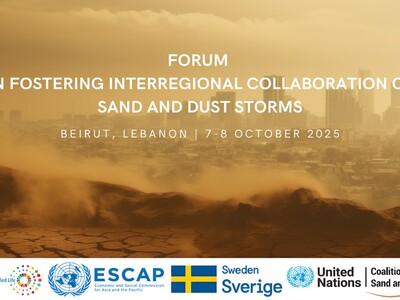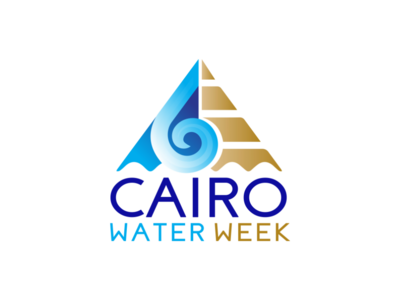Food loss and waste reduction and management
Objective of the course
Despite the growing attention from the academic world, civil society and policy makers, the debate on food losses and waste (FLW) is still affected by a lack of a consensus over its definition and scope boundaries, the conditions that lead to their creation and the quantification along the food supply chain. Moreover, as policies and policy proposals are emerging, there is a greater need for quantification and analysis of policy interventions. This course follows a comprehensive approach, highlighting the importance of food loss and waste in current food ystems, identifying main actors and critical points along the food supply chain and reviewing quantitative and qualitative approaches to assess food waste. Special attention is paid to ngoing and expected public and private initiatives to reduce food waste. The course combines theoretical considerations with case studies to review the landscape of food losses and waste in Mediterranean and other European countries.
At the end of the course participants will be able to:
– Better appreciate the magnitude of the problem and differentiate the diverse types of losses and their implications.
– Identify the main actors and hot spots for food loss and waste in different food systems/chains.
– Recognize the causes of loss and waste, involving the stakeholders in their identification and in the problem solving process.
– Understand alternative measures of food loss and waste.
– Better assess the economic, social and environmental impacts of food loss and waste under different scenarios.
– Propose ideas to valorize food loss/waste.
– Raise public awareness about the importance of reducing loss and communicate issues and solutions to a target audience.
For further information, registration process and information on scholarship please see the booklet in English, French, Spanish.
Deadline for application is November 6th 2018.



